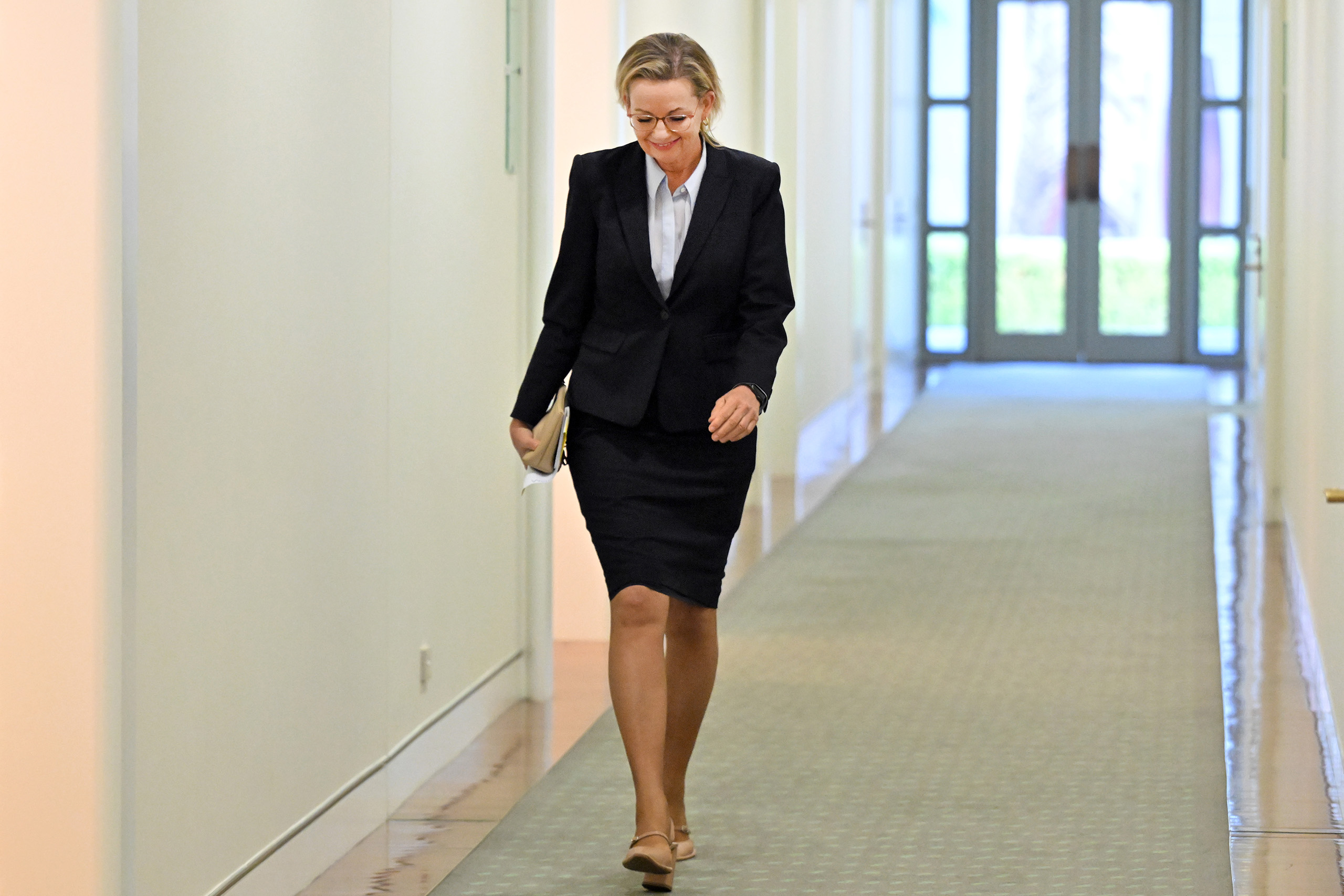Back in December 2009, Malcolm Turnbull’s leadership of his party was disposed of over climate change policy. Or was it? Deep down, his demise was driven by terrible opinion polls that put the federal Coalition way, way behind the Rudd government. The Liberal party-room would probably have tolerated his insistence on supporting Kevin Rudd’s carbon-pollution reduction scheme if the Coalition had appeared to be heading for victory at the following year’s election.
Prime minister John Howard’s metooism on an emissions-trading scheme at the end of the previous term hadn’t triggered a party-room rebellion. He possessed the authority that comes from being prime minister, and more: he was a successful one who (it seemed) knew how to win elections. Perhaps some suspected or hoped the scheme would turn out to be “non-core.”
Yet by 2010 it was the Labor government, sinking in the surveys, that was playing Twister over global warming. With a new Liberal leader, Tony Abbott, going in hard, Labor “hard heads,” armed with opinion polls, pressured Rudd to dump his policy. When Rudd’s public esteem suddenly and dramatically collapsed, those same machine men pressured caucus to dump him as leader. They didn’t know much about actual voters but they did know their polling numbers, and the numbers told them Julia Gillard would cruise to victory as leader.
And so, from mid-2010 all the way until the May 2022 election, climate change was seen as a terrible problem for Labor, ripping off the plaster that held together their twin constituencies: blue-collar workers (including miners) and inner-city trendies. It was, yes, an existential problem.
Then, when Labor surmounted the seemingly insurmountable and took office again, it once again became the Coalition’s albatross. The very right-wing Peter Dutton managed to hold the outfit together by sticking with the Morrison government’s net-zero-by-2050 pledge but proposing to achieve it via nuclear energy. The beauty of this scheme was that it meant Australia would be let off the hook for the decade or so until the nuclear plants were up and running.
Labor is now in office with a majority that dwarfs its 2007–10 term, and the Coalition is again squabbling over climate. Liberal MPs have now struck a compromise whereby they dump all targets while not denying the science. Affordable energy for Australians is the priority, not international agreements. Our tiny contribution doesn’t make much difference anyway.
Leader Sussan Ley obviously wasn’t staking her leadership on net zero, but she is likely to lose it anyway — because, again, of the opinion polls. Angus Taylor or Andrew Hastie will be leading the opposition, perhaps this year, perhaps next, and prosecuting the cost-of-living case, which is the government’s biggest political problem, with global warming policies front and centre via energy prices. If it’s Hastie, it’ll be accompanied protectionism, slashed immigration and fortress Australia.
How much difference will dropping the pledge make? It’ll mean the Coalition won’t have to come up with a climate policy, leaving it free to propose more coal-fired power and bang on about Labor’s responsibility for Australians’ financial difficulties. Every cent increase in energy costs in living memory will be sheeted home to Labor’s climate obsessions.
But Dutton’s nuclear plan more or less facilitated all that.
Is the world moving away from net zero? Some of the claims it is are dodgy. But it’s possible the Coalition will eventually be vindicated by international developments and the Labor government, with all its tub-thumping about the irresponsibility, will look a bit silly. That won’t mean global warming isn’t real or that that the gradual shift to renewable energy was a bad idea all along. And it’s hardly the stuff that destroys governments.
One other thing: unlike Rudd’s 2010 capitulation, there is zero chance of Albanese throwing up his hands and declaring the renewable transition too hard.
What brings down governments? Perceptions of incompetence, particularly on economic management. Economic problems in general. Perhaps most importantly, longevity. But an opposition that obliges with a big target can extend that longevity.
Opposition leaders come and go, sometimes enjoying honeymoons (Hastie in particular would probably get one). The prospect of not having to worry about doing our bit to combat climate change might entice many voters. But the Coalition will still be left with the hurdle of an election where they are promising to unscramble the government’s renewable energy egg. A change of policy isn’t going to undo past cost of living pressures. And there will be so many questions, so many unknowns. We’ve seen that episode before – and not too long ago.
Unloading the net zero promise, and reopening the climate wars, presents opportunities for the Coalition. But it also offers substantial downsides. •





